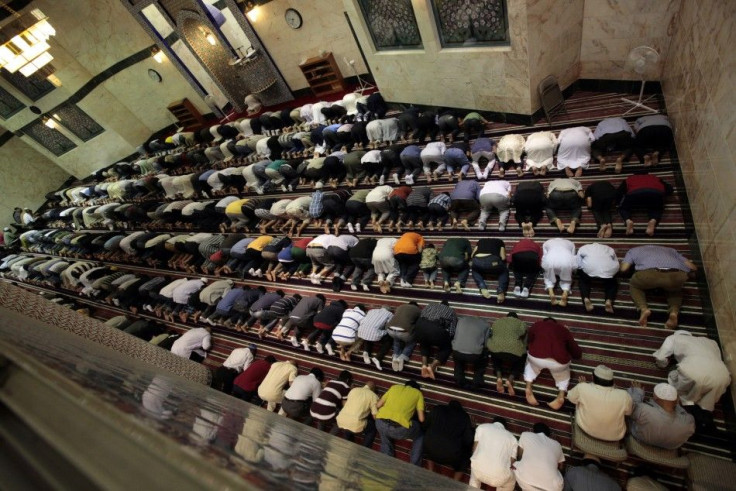9/11 Anniversary Casts Shadow for Muslims: Author

The approaching tenth anniversary of the September 11 attacks is casting a long shadow for U.S. Muslims, many of whom are dreading the approaching anniversary because they fear a resurgence of prejudice and hate, said author Mona Eltahawy.
Egyptian-born but U.S.-based, Eltahawy said the attacks on New York and Washington were a shocking and negative introduction to Islam for many in the United States, compounding the difficulties for Muslims already struggling with their identities in the diverse, secular nation.
Despite the fact that African American Muslims had been in the nation since slavery days, public awareness of Muslims in general had remained low.
A lot of Americans were totally unaware of what a Muslim is until 9/11. The first introduction to Islam was a very negative one, Eltahawy said from Melbourne, where she attended the Melbourne Writer's Festival.
Now that we're coming up to the tenth anniversary of 9/11, it's a time to say we're here and we're not going anywhere, we're Americans and Muslims too. It's been a difficult ten years and a lot of us are dreading this tenth anniversary because it brings out a lot of hate and prejudice.
Eltahawy, a former news agency journalist turned essayist and columnist, left the security of an office job for the hazards of freelance work just around the time of 9/11.
While she didn't personally experience any hostility, which she attributed largely to the fact that she doesn't wear a head scarf or look Muslim, the heated atmosphere -- and all the years since -- have made her question what that phrase actually means.
One of her biggest struggles is to break the stereotype that conservative equals authentic.
I identify as a liberal progressive secular Muslim. One of the messages I try to convey is I'm just as authentic as a conservative Muslim, she said.
When you think Muslim women, you think women in a head scarf or a women like me. There isn't just one way to think of what a Muslim women is, there's a diversity of appearances and a diversity of voices, she said.
But the last ten years, from 9/11 to the Arab Spring this year that saw the overthrow of long-term Egyptian leader Hosni Mubarak, have been exciting and professionally satisfying.
Among some of the biggest and most interesting changes have been the emergence of social media such as Facebook and Twitter, both of which were highlighted during the upheavals in Egypt and elsewhere across the Mideast this year.
Terming them a great connector, she said such services had played a key role in spreading information, to the extent that she now finds Twitter her number one news source.
Social media has given us a front row seat to revolutions in various parts of the region but they did not create those revolutions, she said.
Putting too much weight on the role of social media risks devaluing the participation of millions of people, she added.
These are most definitely not social media revolutions. To say they were social revolutions removes agency and courage from all those people who went out on the streets and faced, whether it was the Mubarak regime security thugs ... or what we saw happening in Libya.
© Copyright Thomson Reuters 2024. All rights reserved.











